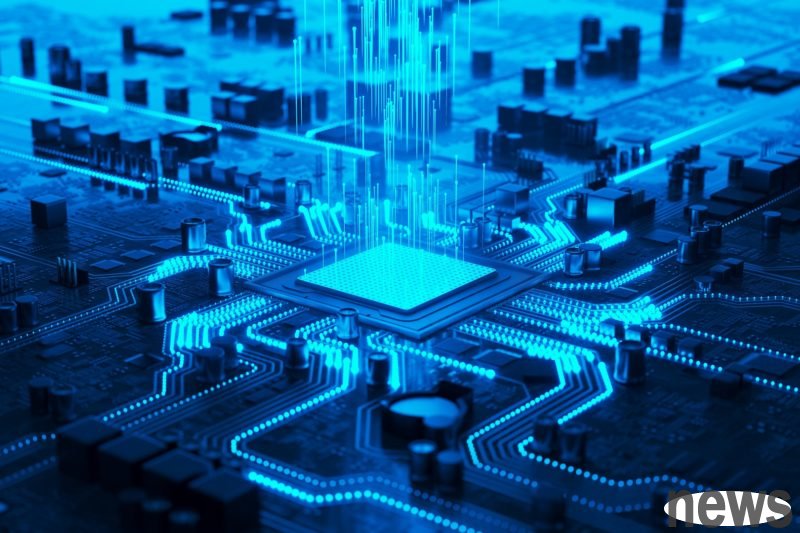Artificial intelligence (AI) chips are developing rapidly, and chip factory joint development and ultramicro (AMD) both believe that power is a major challenge for AI chips, and heat dissipation technology is also a key point. Executive Yuan Politic...

Artificial intelligence (AI) chips are developing rapidly, and chip factory joint development and ultramicro (AMD) both believe that power is a major challenge for AI chips, and heat dissipation technology is also a key point.
Executive Yuan Political Committee and Chairman of the National Science and Technology Association, Wu Zhiwen attended the Crystal Summit Forum today, and was chaired by the conference. Joint Development Department President Chen Guanzhou, Vice President of IWA Computer Research and Development Don Chan and Super Micro-In-depth Technology Director Su Dixi discussed the artificial intelligence challenge of semiconductor factories.
Chen Guanzhou said that the CTD chip products can be applied to cloud systems and edge devices, and there are many challenges to be overcome whether in cloud or edge devices. Taking the smart phone edge device as an example, the power and frequency width that can be used is limited, and the design should be enhanced to allow the chip to have powerful AI functions and AI recommendations.
Chen Guanzhou said that he hopes to provide more power through other pipelines in the future. There cannot be only a single chip. The naked crystal should be integrated with 2.5D and 3D advanced packaging and integration, including many technologies. It is very important to cooperate with partners. However, the key power consumption or high-functional technologies will be developed by the Joint Development Association.
Sudixi said that AI chips need to have a system single chip architecture, not only need to improve the power supply method, but also have better heat dissipation solutions. Because the density of the wafer transistor will be higher and higher, more heat will be generated, and a good heat dissipation solution can be used to smoothly discharge heat through the system design and materials.
Sudixi said that cooling technology is still improving. In the past, it used to be air-cooled, but will gradually turn into liquid cooling in the future. Although facing many challenges, ultra-micro will not retreat and will lead to biosystem cooperation, including crystalline manufacturing, IC design and components.
Don Chan said that in the past, semiconductors promoted industrial progress according to the theory of their predecessors. AI was to establish a model of past learning experience. In the future, challenges are no longer just system single chip design. Now they are process optimization. One chip needs to include 200 billion transistors to provide sufficient power operation.
Don Chan said that engineers now need not only understand the physical principles of the wafer, but also have new analytical methods and consider the heat dissipation. Taiwan is in a favorable position, and due to its ecological systems such as crystalline plants, many developments will be realized in Taiwan.
Don Chan said that nowadays, the work environment also uses AI and writes programs with large language models. The chip design is becoming increasingly complex and difficult, and AI can help shorten the blueprint process.